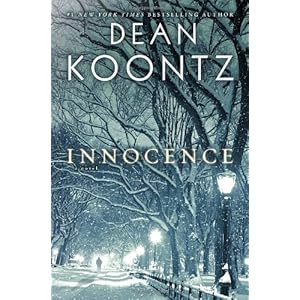The Best Book-title
+Title Tyranny
When things start getting slower? All sorts
of things, I mean.
This is what I have been thinking all the
while that I was unable to make a post on my blog. No, no serious glitch. Only
I was able to work more frequently on books. It’s easy guess, as you could see
me working fragments of sentences so shamelessly.
Working with books crippled my usual
abundant streaming of time that was veritably dedicated to blogging. Since blog
posts were lacking in their frequency, I thought I had aged as a blogger.
However, as you are already aware, my youthfulness has been rejuvenated as an
author with my second book You Should
Know How I Feel… and the consecutive volume of Hope, Vengeance and History
Trilogy that is on its way to publication this coming July-August. As a result,
perhaps, I may have had to stay away for some time from blogging.
Now
the reason why made this post: some idea was burning in the back of my mind and
eating all my attention voraciously. It was a question—
Could titles be dictators of how a work would be viewed by its
readers?
 |
| You should know how i feel |
I am not 'politicizing'
book titles the way our university classes taught us. When we see a title such
as You Should Know How I Feel..., we
are reminded a bit of the charm of old Shakespeare, and the romantic vibes of modern
Erich Segal. And we are brought into the magical world of those beautiful love
stories, although you haven't yet seen the authors of the book in the same
bestseller lists where you have seen Mr. Koontz or Mr. Segal. In such cases,
book titles play a crucial role. The role is significant, not dictatorial.
However, when market is the only concern for authors and
publishers or either one of them, then titles could be tyrannical to the nature
of the whole work.
 |
| Innocence |
I remember seeing long book titles with the word ‘love’ inserted
at least once, in the Indian English writing scene. This scenario is not
exclusive to the Indian literary scene. Ever since the Kindle and eBook
revolution proved to be a lifesaver for writers and publishers, titling has
taken a new turn. “Keyword density” has become the mantra to follow while
naming a book. Authors have started to resort to keywords as a sign post to pin
their final label on their books. The more a keyword is in visibility, the more
chances are for the word to appear in the book title. This explains the “love” curlicue
on almost every romance printed in India. Love seems to be such a hot word in
demand, after, perhaps, the success of a few campus love stories.
Does the tyranny of titles affect the quality of books in any
way? I do not think so. Nevertheless, it may lead to a temporary imbalance
between the title and the book, sometimes. Occasionally, you might buy a book
expecting to read a romance, looking at the ‘love’ worded title, and might find
a horrible coming of age story, instead. This is the scenario, which could also
be called loss-of-money that we need to keep in mind, as readers. This can be
seen as one of the reasons excerpts have become so popular lately. Some writers
are so generous that they give away more than five chapters of their latest
books in the form of free excerpts. Mostly because they can afford it, of
course. James Patterson is the most generous among them, apparently.
A book title should make the reader feel, rather than simply explain what the book is all about. Feeling is what counts when someone pays for a book. I am not the only one who proposed the feeling-theory in business. You might find plenty of them across books on management. A book title can be tricky, especially for new authors. However, as we had already seen, a balance of art and economy (pun intended) should guide titling of books and not the latter alone.
Next: Horror Makes Its Debut: The Best Book-title-2
Read more ANU here: http://www.amazon.com/Anu-Lal/e/B00DQRP0QI/ref=ntt_athr_dp_pel_1








Comments